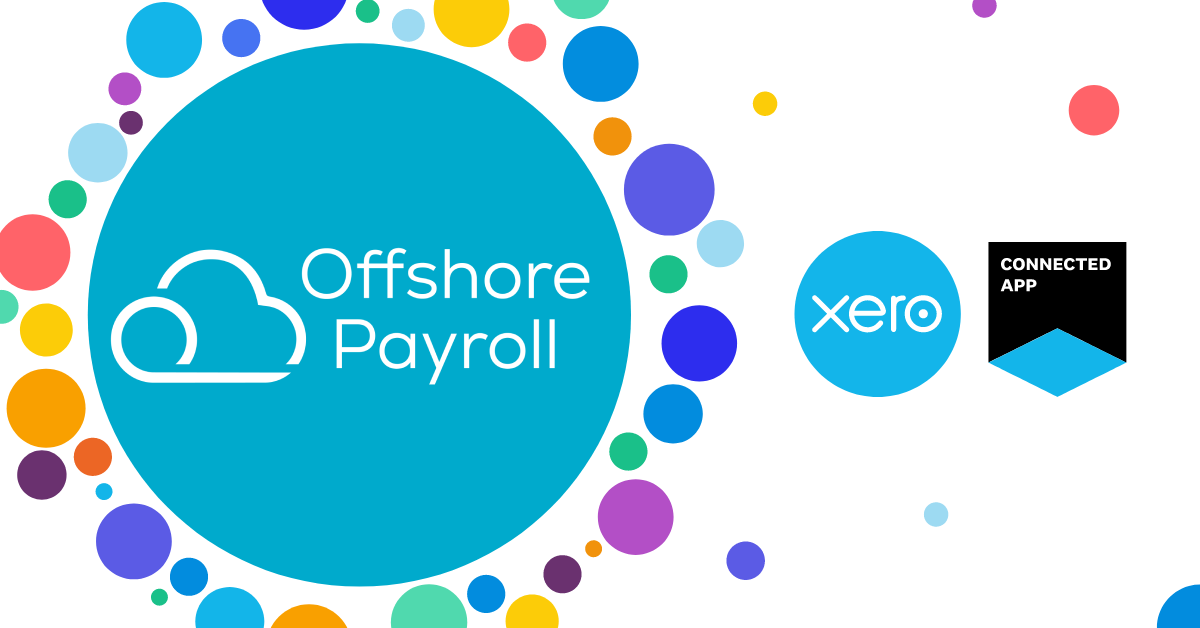Meet our Team – Luke Smith
Luke is a Chartered Accountant who began his journey with the Big-4 firm KPMG before taking the lead in developing Purpose, an award-winning accountancy business based in Jersey. Luke is now Managing Director of Offshore Payroll and a Partner in a successful, boutique Private Equity firm that has created a portfolio of local high performing, synergistic, professional services businesses across industry sectors. With over 24 years’ experience in accounting, finance, and business evolution Luke acts as an advisor to the boards of over 30 owner-managed businesses in Jersey with turnovers of £1M
In 2019, Luke spotted a unique opportunity and led the acquisition of Offshore Payroll Limited, determined to assemble a dynamic team that could take the company’s growth and technological capabilities to the next level. His passion for innovation drives him to continuously explore new ways to leverage technology, to streamline and add value to businesses.
Luke believes in the power of technology to reveal the true value of people and resources. By enhancing Offshore Payroll’s cloud platform, he is on a mission to develop tools that help businesses gain deeper insights into profitability, leading to smarter, more informed decisions.
Whether he is advising at board meetings, valuing a small business, or perfecting his golf game, Luke’s commitment to excellence is evident. He regularly provides expert testimony in the Royal Court in Jersey and has an unblemished record—a testament to his expertise and dedication.
September 13, 2024
Related articles

Meet our Team – Julie Heaven
Julie brings a wealth of financial expertise and over two decades of experience to our team. Qualifying as a Chartered Global Management Accountant (CGMA) in 2000, she has held several senior financial management roles throughout her career, including her most recent position as Director of Purpose. In this role, she provides strategic financial guidance to owner-managed companies, helping them navigate complex financial landscapes and achieve sustainable growth.

Meet our Team – Jeralie Pallot
Jeralie was a member of the team involved in the acquisition of Offshore Payroll in 2019. As former Executive Director of one of Jersey’s leading recruitment companies, Rowlands Recruitment, she has over 30 years of experience in the employment markets across NZ, Australia and Jersey and during that time gained extensive business experience in Payroll Services and a Remuneration Survey.

Offshore Payroll is Listed in the Xero App Store as a Xero Certified Partner
Businesses using the global accounting platform Xero as their accounting system, can now benefit from a two-way interface with the cloud payroll application, Offshore Payroll.
Jeralie Pallot, director of Offshore Payroll, commented on the news “ We are delighted that Offshore Payroll has been accepted as a member of the Xero family; this brings exciting benefits to businesses operating in unique offshore environments. Our integration with Xero will improve accuracy and offer significant time savings by further automating the payroll process; allowing businesses to focus on other essential processes and achieving better outcomes.
Since the launch of the cloud based Offshore Payroll, our emphasis has always been on ease of use, efficiency, and automation of the payroll process for our users, which is what makes this software such a popular choice. Becoming a certified partner of Xero is another step forward in the ongoing development of our application.
The Xero certification caps off an exciting 12 months of growth for Offshore Payroll, which is now used by more than 800 organisations and provides payslips for more than 11,000 employees across the Channel Islands and Isle of Man.
To learn more about how Offshore Payroll can help your business click here.
“Can delegate tasks much easier”
What makes our product/service stand out compared to others you’ve tried? The ease of use, we can delegate tasks more easily being cloud based and the good customer service.
Judith Blackford FMAAT AATQB – Business Support Manager

